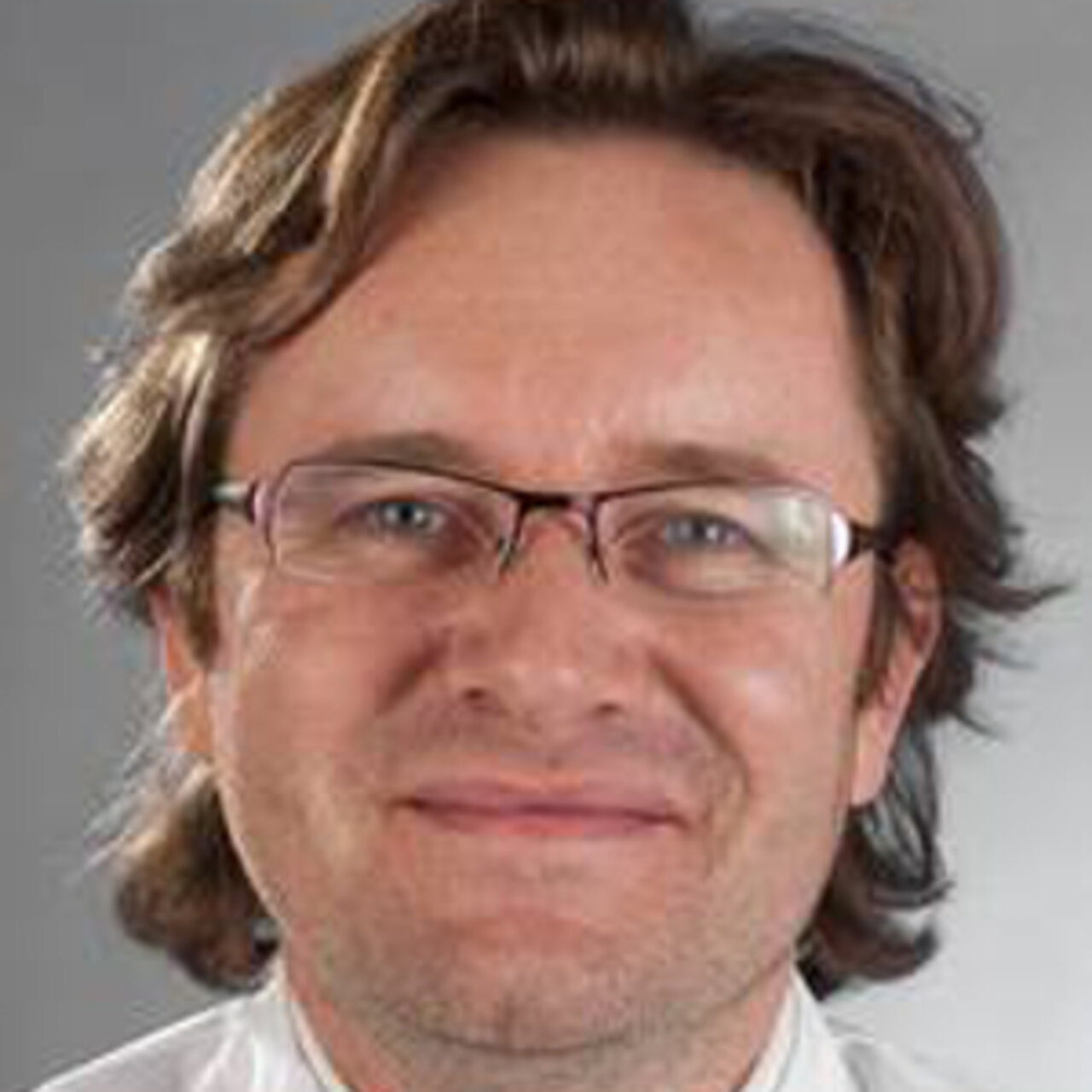Specialists in Brain Tumor Surgery
8 Specialists found
Information About the Field of Brain Tumor Surgery
When Is Brain Tumor Surgery Necessary?
It depends on various factors if a brain tumor is treated by surgery. Malignant tumors are among the most common causes that require brain tumor surgery. Most frequently, brain metastases occur in adults (metastases originate in tumors in other organs). The most common ones are glioma and astrocytoma (both are brain tissue, the so-called supporting cells of the brain). Even in benign brain tumors such as meningiomas, surgery, or radiation may be necessary if the tumor's spread disrupts essential brain functions.
Brain Tumor Surgery or Radiation?
There are different types of tumor therapy. These include radiotherapy, chemotherapy, and surgery. In most cases, brain surgery is the therapy of choice. Radiation therapy is usually used additionally, and when the tumor cannot be reached surgically, or vital areas of the brain are affected, or the patient is too old and ill to survive brain surgery. A small surgery in terms of a biopsy is usually carried out to obtain a tissue sample in these cases. The tissue is examined to adapt the subsequent radiation or chemotherapy to the exact type of tumor. Thanks to the possibility of stereotactic radiation, many brain tumors can now be successfully irradiated without surgery. Whether a brain tumor is irradiated or operated on must be specifically adapted to the tumor and explained and reviewed in detail by the treating physician with the patient and relatives. In the case of doubt, a second opinion should be obtained.
The Procedure for the Brain Tumor Surgery
A brain tumor surgery is usually carried out under general anesthesia. In special cases, where important areas of the brain are located near the tumor, partial anesthesia can be induced. After opening the skull bone, the patient's consciousness can be regained for a certain period. It can be checked with speech exercises, reading exercises, image recognition, and descriptions of whether certain areas can be reached with the instruments or if there is a risk of injuring these areas.
Since the brain tumor surgery takes place in a narrowly defined space, the human skull, which is filled with many vital structures, navigation in this space must be extremely careful and precise. Various procedures have, therefore, been developed to assist the surgical team:
Neuro-Navigation
Neuro navigation is an image-based procedure. A three-dimensional image of the brain is assembled from the image data obtained before the surgery (CT, MRI, ultrasound, angiography). Within this image, the surgeon can mark dangerous areas before the surgery and discuss the best way to access them. Besides, stereotactic monitoring (calculation using several points in space) during the surgery allows the surgical instrument's exact location to be displayed with the three-dimensional computer image.
Fluorescence-Assisted Resection
A specific drug can also be taken a few hours before the operation for support, which reaches the brain through the bloodstream and settles in certain tumors. During the surgery, the drug fluoresces using blue light (the tumor cells begin to glow).
Neuromonitoring
Neuromonitoring is another helpful procedure that is used as a standard in surgeries near important brain centers. The functionality of various brain nerves (facial muscles, tongue muscles, etc.), as well as the sensitive (sensation) and motor (movement) pathways that originate in the brain, are continuously checked. In case of threatening damage, the damage's location can be found quickly, and further damage can be prevented.
At the end of the surgery, there is the possibility of examining the results in the surgery room by CT or MRT and checking the success. Afterward, the patient is transferred to the neurosurgical monitoring ward, where a CT checkup can be carried out again after 1-2 days. If the patient feels good, a transfer to the regular ward follows.
Prognosis and Recovery Chances After Brain Tumor Surgery
The goal of the surgery is the complete removal of the tumor. Unfortunately, in the nature of neuro-oncological diseases, a cure cannot be expected in every case. The aim is always to alleviate the symptoms and to achieve a valuable gain in life quality.
Rehabilitation After Brain Tumor Surgery
The necessity and purpose of an inpatient neurooncological rehabilitation should already be discussed with the attending physicians during the hospital stay in the course of the brain tumor surgery. Specially trained personnel can best deal with the illness and surgery consequences in the neurological rehabilitation clinic. The therapy depends on impairments such as paralysis, impaired balance, fine motor skills, speech impairments, or mental performance impairments.
Which Doctors and Clinics Are Specialised in Brain Tumor Surgery?
Every patient who needs brain surgery wants the best medical care. Therefore, the patient is wondering where to find the best clinic for brain tumor surgery or the best neurosurgery.
As this question cannot be answered objectively, and a reliable doctor would never claim to be the best one, we can only rely on the doctor’s experience. The more brain surgeries have been carried out; the more experienced the doctor becomes in his specialty. Brain surgery specialists are neurosurgeons with many years of experience in a neurosurgical clinic.
You will only find experienced neurosurgery specialists and neurosurgeons in Germany, Austria, and Switzerland on the PRIMO MEDICO website. Currently, we have internationally accepted experts in Cologne, Hannover, Göttingen, Bern, Zurich, and Salzburg. A list of all neurosurgical clinics in Germany can be found at the German Society of Neurosurgery.
Sources:
Tonn Jörg-Christian et al: Oncology of CNS Tumors, Springer Verlag 2010
Siewert, Jörg Rüdiger: Chirurgie. Berlin, Heidelberg: Springer, 2006.
https://www.hirntumorhilfe.de/
https://www.dgnc.de/gesellschaft/







